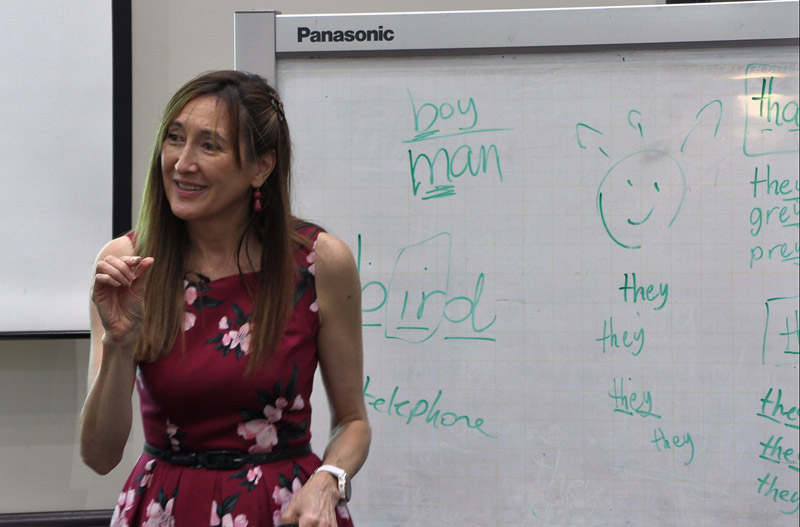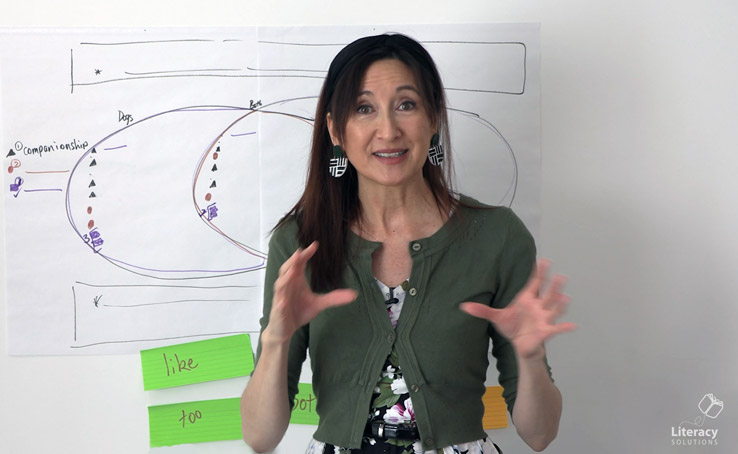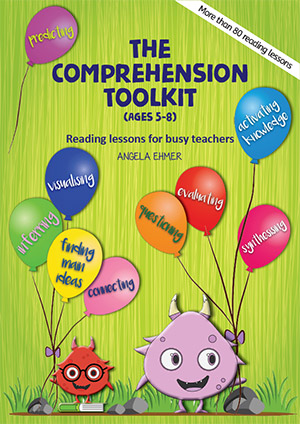Supporting EAL/D Students in Literacy
10 research based strategies all educators should use.
Overview
Students for whom English is an Additional Language or Dialect (EAL/D) comprise 25% of mainstream classrooms in Australia, and this figure is increasing. In some schools the figure is as high as 90%. It includes not only students born overseas, but those born in Australia from immigrant families and Aboriginal and Torres Strait Islander students for whom Standard Australian English (SAE) is not the first language.
These students must learn to navigate the school curriculum while also building both their receptive language knowledge AND transitioning this to the productive mode. They must acquire the language skills and knowledge associated in less time and with less practise than others in their classes. They often draw on very different background experiences and cultural knowledge and must relate these to unfamiliar content and a different curriculum.
These circumstances create specific demands on these learners. Educators working with these learners must control a range of skills and knowledge to meet the specific needs of these learners, to recognise and support challenges and plan for meaningful, relevant, engaging, and intentional instruction.
This professional learning opportunity for teachers and support staff working with EAL/D students will explore the 10 research-based strategies as these relate to building oral language, teaching decoding and spelling as this relates to English orthography and comprehending and responding to texts. Participants will learn how to embed these strategies within focused lessons and to create quality interactions.
The 10 strategies include:
- Cultivating relationships
- Building language skills using cross-curricular topics
- Multisensory learning
- Adjusting pace, patience and enunciation
- Building the receptive, prioritise the productive
- Integrating pedagogies
- Coordinating instruction
- Targeting frontloading
- Prioritising interaction
- Reviewing, Feeding back and Praising
For educators to use the 10 strategies effectively, they must co-exist, be carefully managed, and adjusted for lesson topics and students, be informed by ongoing observations and data with frequent review, revision, and reteaching. This professional learning opportunity will connect the 10 research-based strategies to relevant research across the disciplines of neuroscience, developmental, behavioural and cognitive psychologies, linguistics, language and literacy and the high-impact teaching strategies shown to have a direct impact on efficacy.
Anyone planning for, facilitating or supporting instruction for EAL/D students should attend.
You will receive:
- workshop notes
- tea/coffee on arrival, morning tea and lunch
Cost
$345 + GST (Limited places are available so please register early.)
RSVP: Five (5) working days prior to workshop
Should you attend?
This workshop is suitable for EAL/D teachers and support staff and classroom teachers of EAL/D students.
Where and when?
See our workshop calendar for locations, venues and dates. Please note that workshops not identified in your location can be booked directly and hosted at your school.




